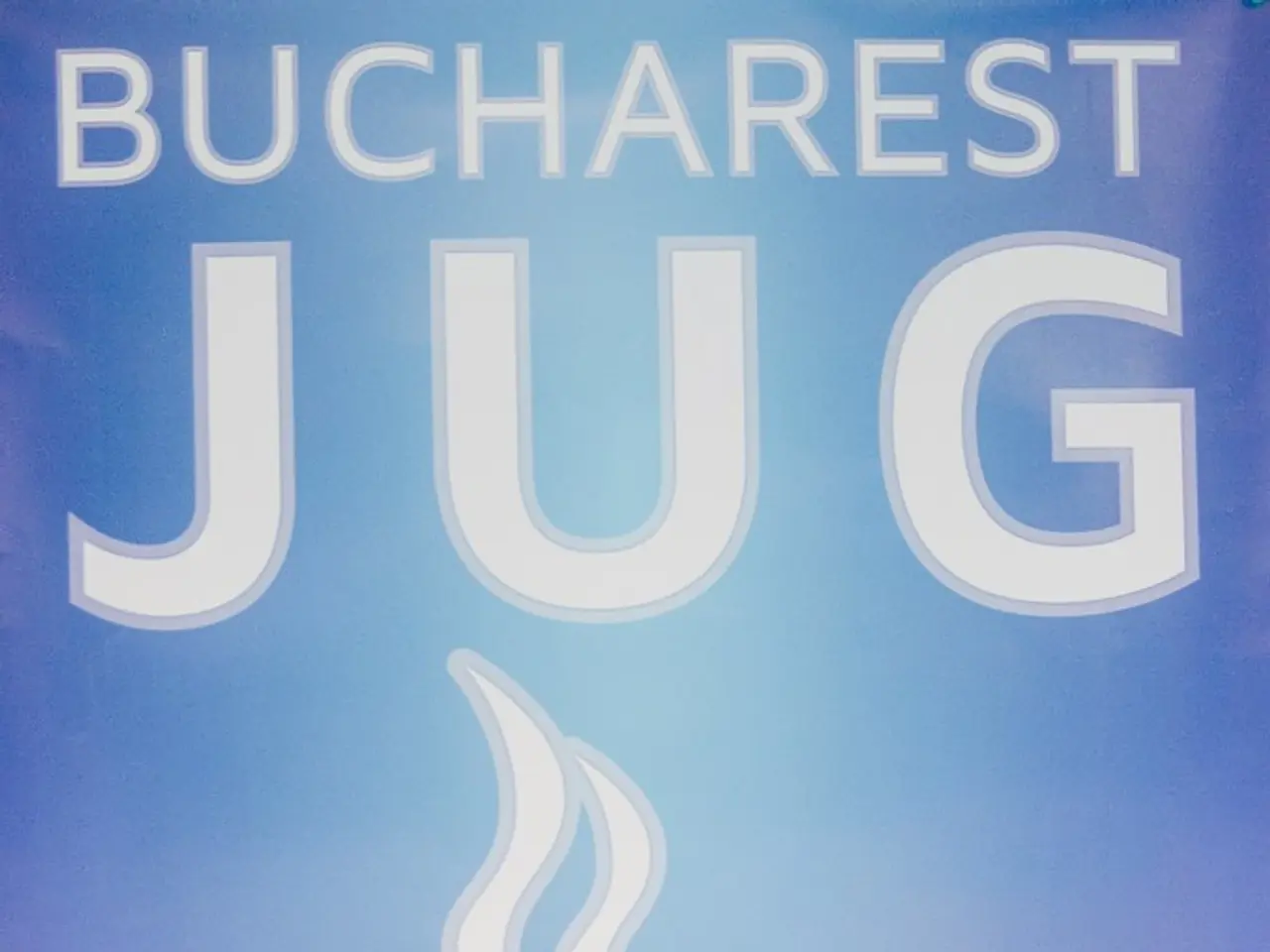Ripple Aims for U.S. National Bank Charter for Stricter Regulatory Oversight
In a significant move for the cryptocurrency sector, Ripple, a leading player in the digital asset space, has applied for a national banking license with the U.S. Office of the Comptroller of the Currency (OCC). This strategic move aims to bolster transparency, trust, and regulatory compliance within the U.S. financial system, particularly for Ripple's RLUSD stablecoin.
If approved, Ripple would become a federally regulated bank, operating under dual oversight from both the OCC and the New York Department of Financial Services (NYDFS). This dual regulatory framework would set a new benchmark for transparency and compliance in the stablecoin market, which has often faced regulatory uncertainty.
The potential impact on the stablecoin market is substantial. Being regulated at the federal level is likely to increase confidence among institutional investors and users in RLUSD and other Ripple offerings. This could bridge the gap between crypto and traditional finance, facilitating mainstream adoption of digital assets and payment solutions.
Moreover, the license would enable Ripple to access Federal Reserve infrastructure, enhancing the security, transparency, and efficiency of stablecoin transactions. Ripple is also pursuing a Federal Reserve master account via its subsidiary, Standard Custody and Trust Company, which would allow Ripple to hold stablecoin reserves directly with the Fed.
Ripple's application represents a strategic push to position itself as a leader in the regulated stablecoin sector, potentially influencing regulatory approaches and raising standards for compliance across the industry.
Meanwhile, the cryptocurrency market has seen some volatility, with a U.S. stock index decline triggering turbulence. However, the price change for RLUSD remains negligible over the past 30 days, despite a 16.48% drop in 24-hour volume.
Other notable developments include Circle's pursuit of a national trust bank charter to enhance USDC infrastructure, and Hong Kong's introduction of stablecoin licensing to enhance financial stability. The SEC has also moved forward on universal crypto ETF listing standards.
In the broader crypto landscape, projects like the GUNZ project are expanding their token to Solana, while Binance, JD.com, and Ant Group have sought approval for RMB stablecoins. The Senate Committee has advanced a digital asset regulation framework, and Kraken has secured a MiCA license for EU crypto operations.
Elon Musk, the CEO of Tesla and SpaceX, has denied filing for a new political party but has expressed interest in creating one. Shanghai and Hong Kong are strengthening their financial collaboration for digital RMB, and the FATF has urged stronger regulation after a $1.46 billion crypto theft.
In the entertainment sector, NEXST has launched a Web3 VR entertainment platform with K-Pop group UNIS as its first global partner. The market reactions focus on the potential boost in stablecoin trust and adoption, with BlockDAG, INJ, TIA, & DOT being considered as the best crypto coins for 2025 according to some sources.
As the cryptocurrency landscape evolves, Ripple's application for a national banking license serves as a significant milestone, potentially paving the way for increased transparency, trust, and adoption in the stablecoin market.
- The application by Ripple for a national banking license could influence regulatory approaches and raise standards for compliance across the altcoin industry, particularly for their RLUSD stablecoin.
- Being regulated at the federal level could bolster confidence among institutional investors and users in Ripple's offerings, potentially bridging the gap between traditional finance and the cryptocurrency sector.
- If approved, Ripple could access Federal Reserve infrastructure, enhancing the security, transparency, and efficiency of stablecoin transactions, which could be a game-changer in the technology-driven business landscape of finance and cryptocurrency.




